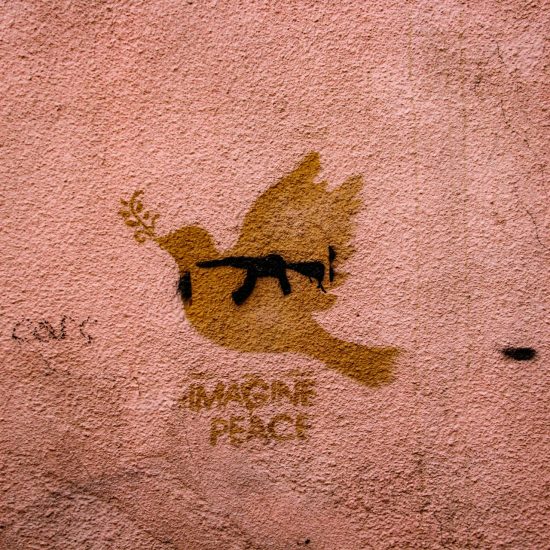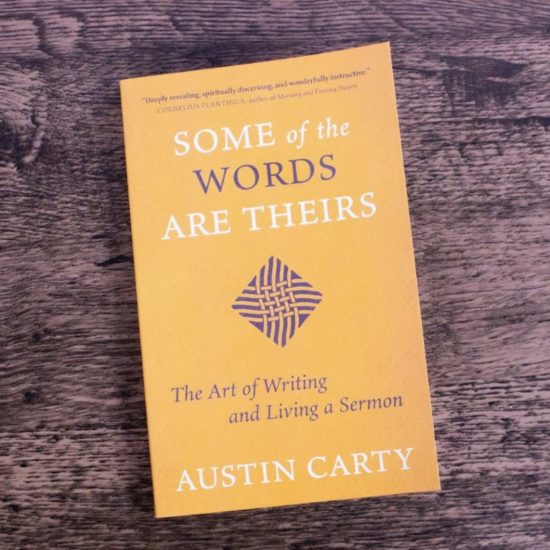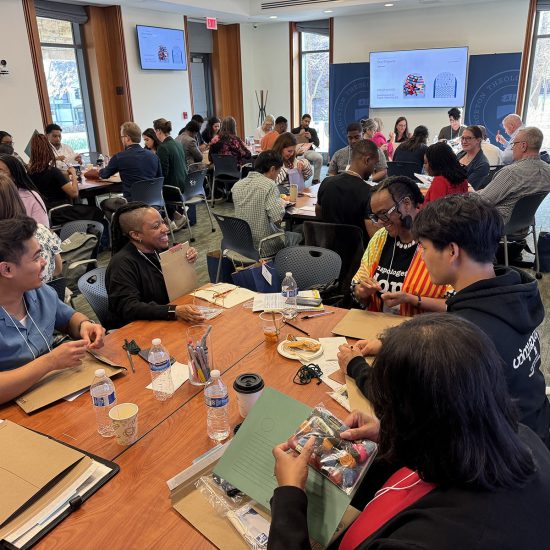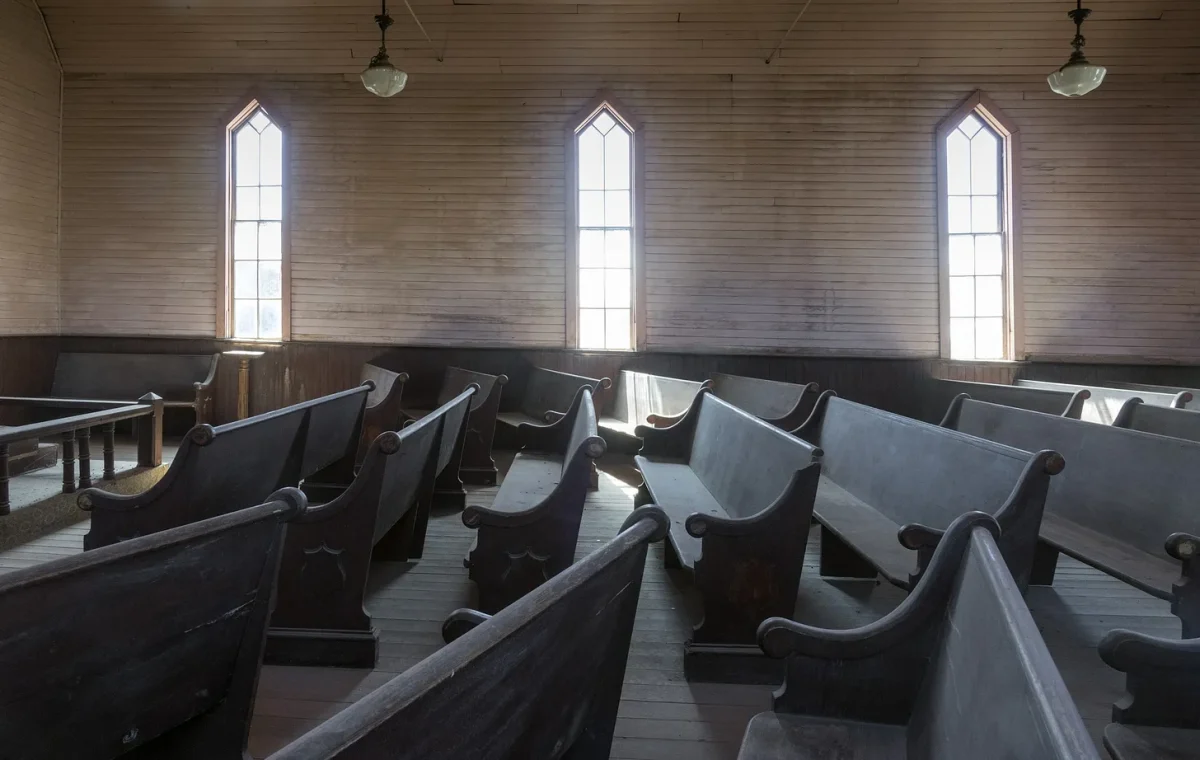
NOTE: This piece was originally published at our Substack newsletter A Public Witness.
The news continues to get bleaker. While that is true about our politics, my reference here is to the state of Christianity in the U.S. In the last decade, according to new polling data from Gallup, the percentage of Americans who claim that religion is an important part of their daily life has declined from 66% to 49%. Projections are that 15,000 churches will close this year. Congregations are facing immense headwinds. The already difficult job of pastoring is growing harder.
That’s why we need books like Thriving Church: What We Can Learn from Faithful Congregations and Holy Disruption: A Manifesto for the Future of Faith Communities. Both of these volumes are co-authored by two pastors who understand these challenges and have wisdom about how to navigate them.
To be clear, neither book offers simple solutions, groundless hope, or five steps to rebuild a church. The moment we are in is too complex for any of that. Instead, each offers its own version of creativity and solidarity that will help both clergy and church members think differently about the realities of the present and the opportunities for the future.
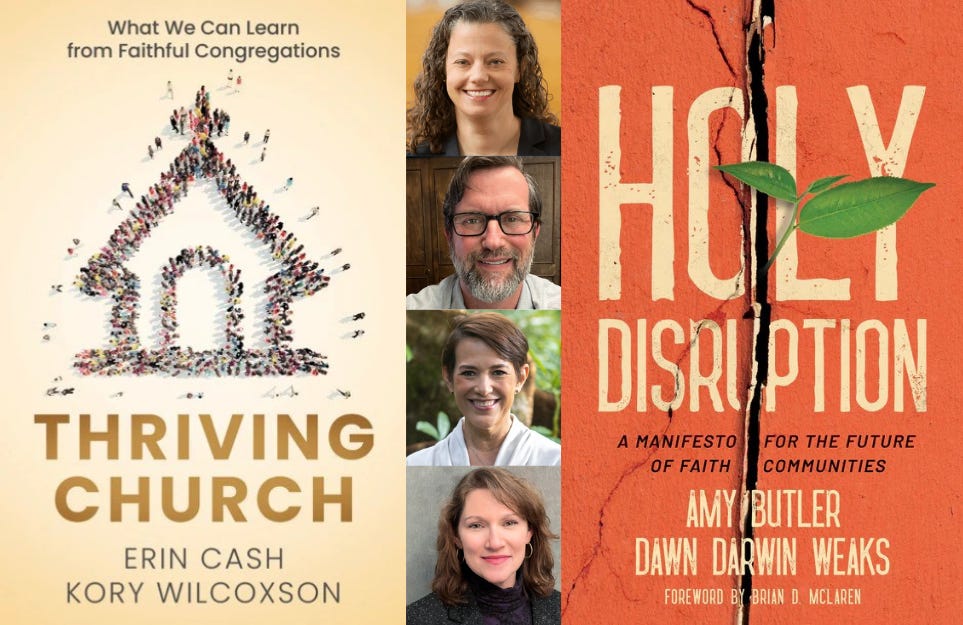
In Thriving Church, Erin Cash and Kory Wilcoxson tell the stories of 10 different congregations that each embody a trait that contributes to their flourishing. As the authors explain, “Thriving is about a congregation’s ability to embrace its identity fully and faithfully, still allowing for adaptation and resilience as culture shifts and challenges arise. Thriving is not always about membership size, the number of visitors coming through the doors, the type of building you have (or do not have), or the bottom line on the budget sheet.”
For example, the authors tell the story of Co-Heirs with Christ Missions, a new church start in Lexington, Kentucky, that defies all the traditional church growth logic. The congregation launched out of a church split over theological differences, began loaded with tens of thousands of dollars in debt, and only worships about three dozen people on a Sunday. Yet, those aren’t the defining marks of the congregation.
The storefront church has celebrated its fifth anniversary, demonstrating a basic level of sustainability. It’s a predominantly immigrant congregation, with members from Ghana, Nigeria, Liberia, Sierra Leone, and other places. As a result, the congregation has a variety of ministries, like a transportation fund aimed at supporting immigrants and refugees, and a global focus that connects what they’re doing in Kentucky to the home countries of its members. The story is one of a small but generous community that’s growing in size and connection by valuing its roots and sacrificially putting others first.
Thriving Church is not a “how-to” book for church vitality. Instead, it’s about how people are doing church in surprising and inspiring ways in many different settings. It’s a book filled with wisdom to be gleaned rather than advice you’re pressured to heed.
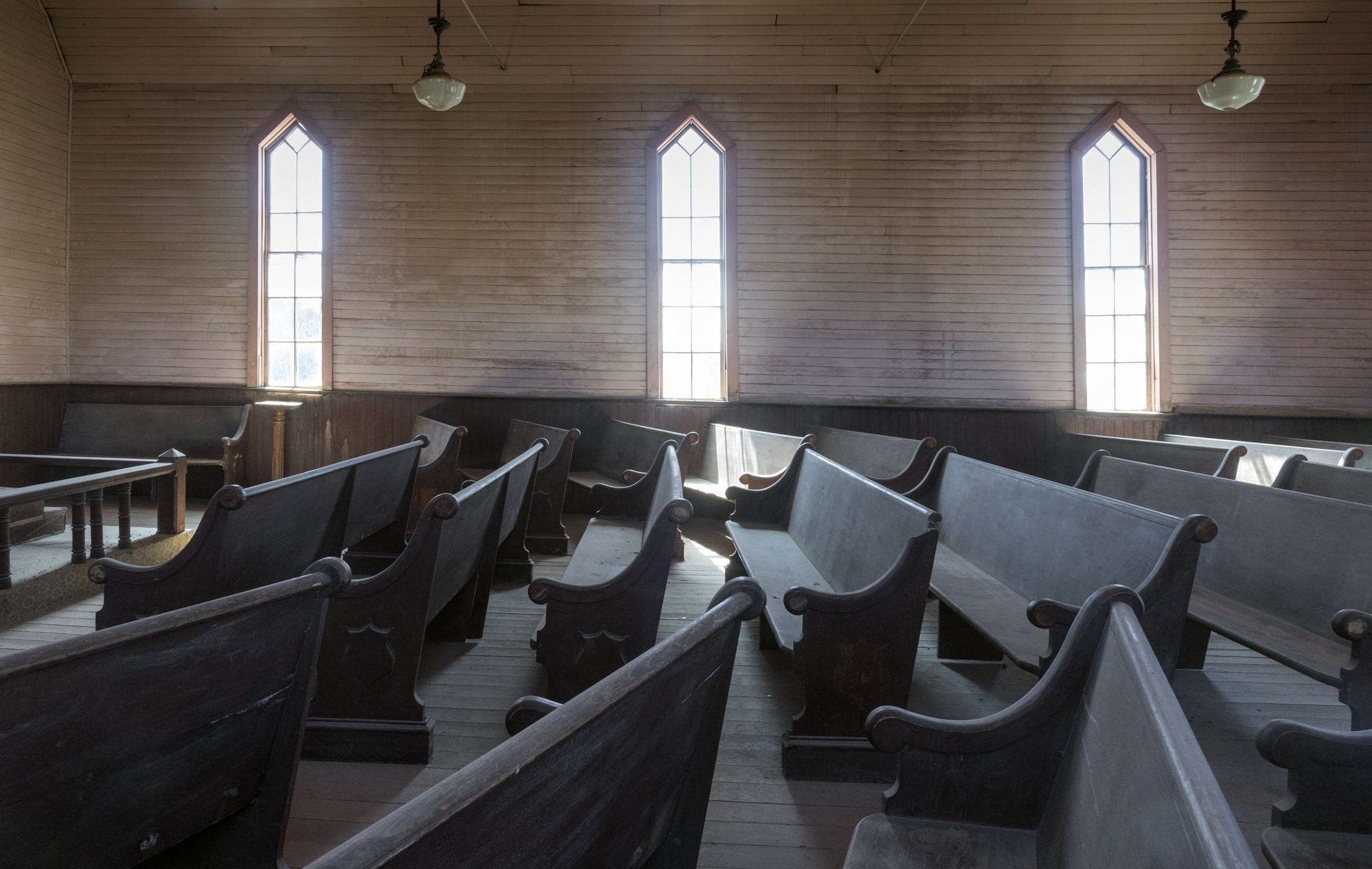
There’s a similar impulse animating Holy Disruption by Amy Butler and Dawn Darwin Weaks, two pastors with experience leading churches with the biggest steeples in the largest cities and serving struggling churches in small towns. Navigating the current context involves honest recognition of where we’ve found ourselves and a willingness to move beyond the nostalgia of the past in the expectation that there’s a future with God still to be discovered.
“We’re in uncharted territory,” they write. “We know so little these days about what faith communities are becoming. What we do know is what faith communities are not anymore. We know that what we’ve considered success in past iterations no longer meets that description.”
That dislocation has created a profound sense of loss in many churches, leaving them in a state of despair. Yet, such a response neglects the major plot line of the gospel.
“Ignoring the necessary death that precedes resurrection has been a sin of the modern church. Somebody needs to help us embrace this moment of comeuppance, empty pews, and emergency task forces as opportunity instead of only grief, as a holy disruption instead of just harrowing dying. So as closure comes to our old way of churching, we … are looking in unlikely places for the beginnings of new life that Jesus taught us always comes after the dying.”
Holy Disruption dares to dream about what the church can still be rather than focusing on what it once was. The ironic thing, of course, is the opportunities it identifies and the prescriptions it suggests are radical in the truest sense of the term: a return to the church’s roots of serving neighbors, better stewarding our resources, and seeking God’s justice in our world.
Either of these books is valuable on its own. Read together, they can become catalysts for pastors who feel stuck and congregations struggling to muster hope. They are the reflections of four pastors who believe in churches and know that God still does too.
These two books were so impressive that we’ve worked with Chalice Press to obtain signed copies from each of the authors to share with paid subscribers of A Public Witness. That means we’ll be sending FOUR copies out to lucky readers, so hurry up and upgrade your subscription today.
As a public witness,
Beau Underwood



